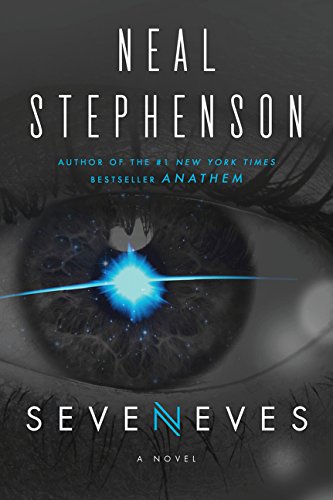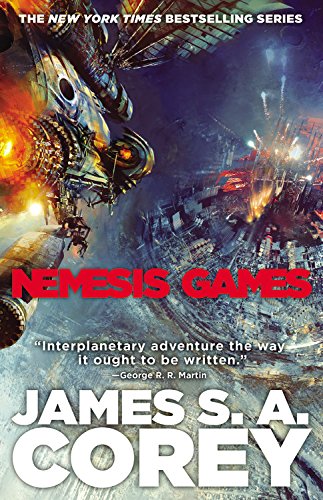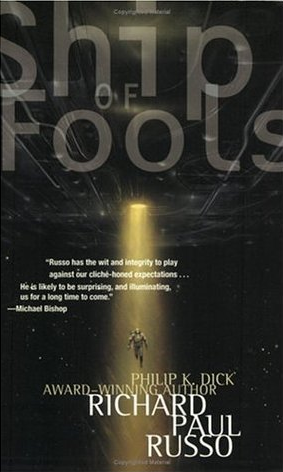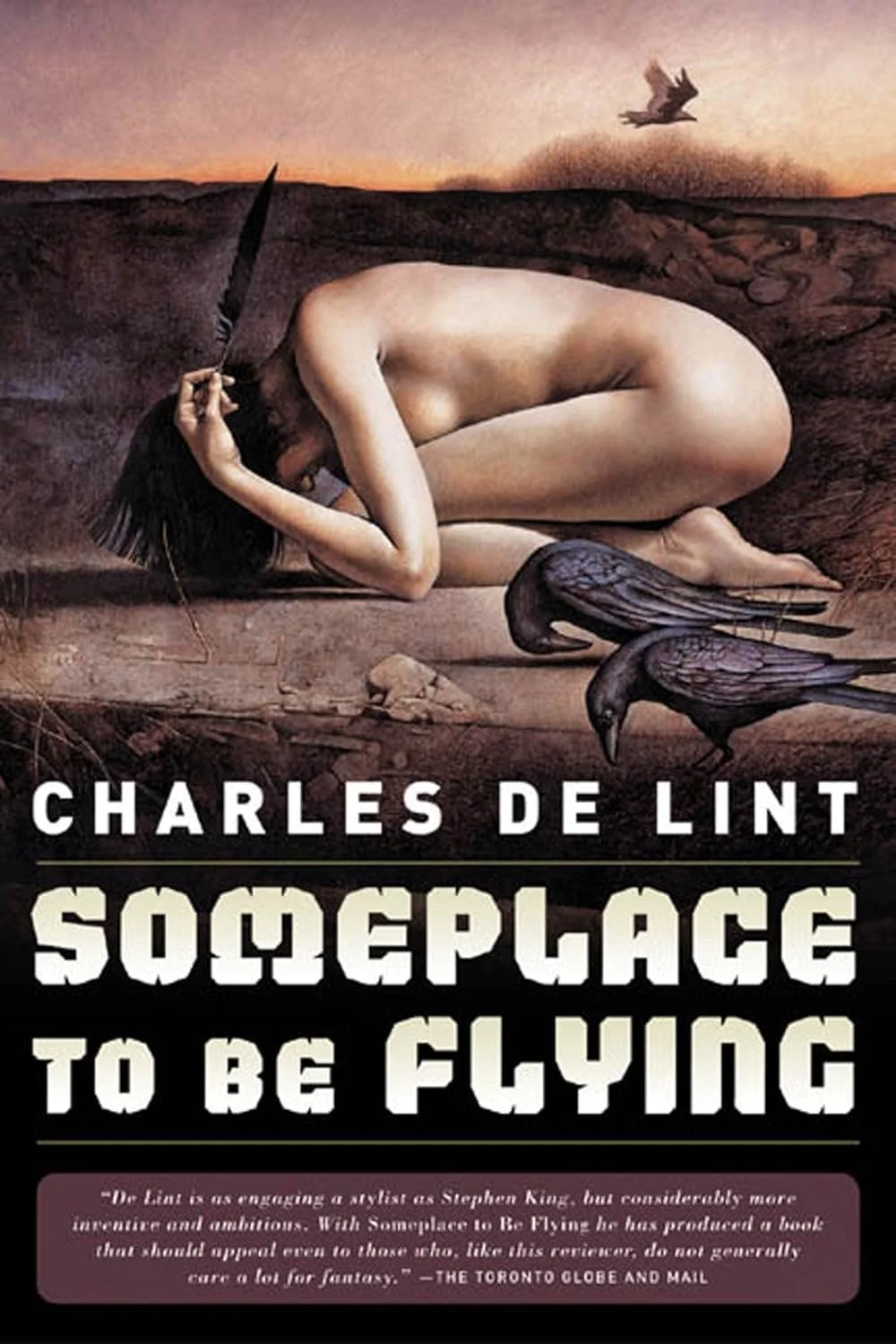FEATURED REVIEW: Seveneves by Neal Stephenson
/Welcome to our Featured Reviews! In this series, we'll be highlighting book reviews by the S&L audience. If you want to submit a review, please check out the guidelines here! -Veronica
Review by Bryan S. Glosemeyer, original on Goodreads here.
"The moon blew up without warning and for no apparent reason."
The opening line of Neal Stephenson's new 'hard SF' thriller, Seveneves, is bound to go down as one of the great opening lines in science fiction. I'm sure it will soon be mentioned in the same breath as William Gibson's opening line to Neuromancer. "The sky above the port was the color of television, tuned to a dead channel."
So as you can see, the very first sentence packs quite a punch and the punches keep on coming. The clock is ticking till the sky itself burns for five thousand years. Will science and reason save humanity in the harshness of space? Or will politics and greed be our final undoing? Well, I won't spoil it for you, but if you are familiar at all with Stephenson's books, you'll expect very smart and very brave people try to save the world with their smarts and bravery.
Overall, I enjoyed this book quite a bit. The premise is exciting and fun and the tension keeps ratcheting up and up. While this is most definitely 'speculative' fiction, he keeps the science grounded, yet fascinating. No artificial gravity, no warp drives, no energy shields. As usual, Stephenson does a great job of helping to make sense of the science for the average reader. But to do so means he does a lot of 'infodumps.' His books have always been high on the infodump quotient, Seveneves is even more so.
The book is divided into three parts, and I have to say I found the second act the most compelling, fast paced, edge of your seat reading. While there are smart people being heroic throughout the book, this is by far the most adventurous and heroic section.
I do have a few criticisms, and most of that has to do with character. Stephenson has never been one to dive too deep into his characters's inner worlds, but even so he could craft fleshed out, compelling and fun characters like Raz, Hiro, Jack Shaftoe. To be honest, I have to say that most of the characters fell pretty flat for me in Seveneves. I understand that the majority of them are scientists and engineers and they're not going to be the type to fall apart int an emotional mess when the shit hits the fan. But this is some pretty goddamn apocalyptic shit hitting the fan and I would expect even the coolest, logical engineer to have their emotions get hotter and go deeper than what we get here.
One character standout, though still lacking in the emotional depth I just mentioned, is the African American scientist/celebrity Doc Dubois. Any fan of Neil Degrasse Tyson won't be able to help but picture Dubois as Tyson. Even the speech cadences are there.
Again, without going into spoiler territory, the third act of this book was very reminiscent of Raz's quest in Anathem.
All criticisms taken into account, this is still a damn fun and exciting read. Fans of hard sci fi and doomsday thrillers are going to dig this a lot, I think.
Also, when I was reading it, I kept envisioning it not as a movie, but as a miniseries. With the right budget and enough hours to tell the story (5-6 hours I'd say) this would be awesome to see come to life on the screen.
BTW, I also made an online mixtape inspired by the book, especially parts one and two. You can check it out here!















